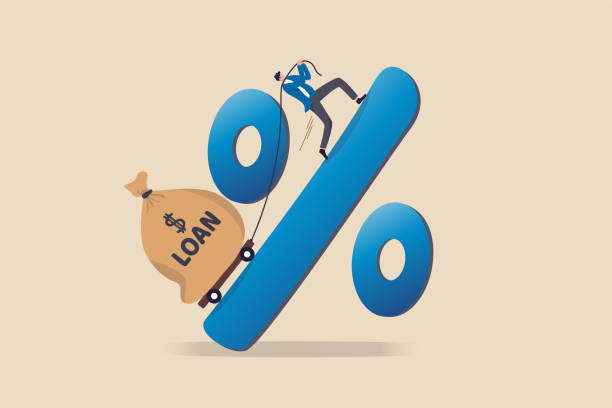We have sufficiently talked about different loan options in our country. One thing that we failed to acknowledge is the future prospect of a loan if, by any chance, the borrower dies. Today’s blog will deal with that only.
To understand things better, let’s take the example of personal loans. After the untimely death of a borrower, what generally happens with the personal loan he had taken? Whenever we take a new loan, it generally has a section denoting the liability of a loan. In that section, if you put someone’s name, it means he has to pay the amount after the borrower has been dismissed.
Most people don’t have a full understanding of these things. If you are one of them, consultation with DSA partners can be helpful. Express your doubts and clear them before getting a loan and boost your finances.
What is the Difference Between Personal Loans and Other Loan Options?
We will try to understand how to settle personal loans after the death of the borrower, but before that, we should learn about the basics of personal loans along with the differences they have from other loans.
Personal loans in India are flexible in nature. If you want to buy a new TV, you can get a personal loan. In case you are buying a bike or car, you can also apply for a personal loan. You will get complete freedom to choose your course of action after getting the loan money.
The interest rates of these loans are a bit higher than conventional loan options, but as they are easy to get and come with numerous other benefits, people tend to choose personal loans more.
Reasons for Choosing a Personal Loan
What Will Happen If the Borrower Dies Suddenly?
We all know that personal loans are not connected with any security. This increases the risk of defaulting. What will happen if the borrower dies? Let’s analyze the situation and find the solutions-
- During the application process, if two or more people have applied for the same loan, the co-borrowers will have to continue paying until the loan settles. Be very careful with whom you are taking the loan.
- In the case of insurance, the personal loan-providing company will get the payment from the insurance company.
- Personal loans are free of security. They are unsecured in nature. This is the reason the loan company can’t force anyone from the family to settle the payment.
Usually, banks try to settle these loans via co-borrowers and insurance companies. If they fail to recover the amount, it will be considered as NPA.
Repayment Policy
In case you are the co-borrower of the loan, the following repayment strategy will help you settle your pending loan amount-
- In most cases, the co-borrower has to inform the bank about the demise of your partner. This will help you start the repayment and create a new strategy as well.
- In many cases, the co-borrower can’t pay the whole loan amount on his own. In that case, you need to sit with the bank officials, tell them about your condition, and try to negotiate a better term.
- If you have taken an insurance policy, that company is responsible for paying the pending debts. Call the insurance company and request the repayment as soon as possible.
These are some of the common situations you might encounter. Those who can hire a Personal Loan DSA Partner will get help. These experts have been working in the loan sector for hours; they know all the ins and outs of this sector and would perfectly guide you.
Tips that Will Help You
The following tips will help you get the right loan and loan repayment-
- It is not recommended to have any random loan without discussing it with experts.
- While choosing the loan, check if you can continue the loan and repay it on time.
- Some loans come with extra fees. As a borrower, you need to be aware of these fees.
- Numerous banks and loan companies are offering services in India. Thorough check their reputation in the market while choosing a particular one.
- Talk to the officials in case of any difficulty.
These are sufficient to help you choose the right loan option and repay the amount without much complications.

